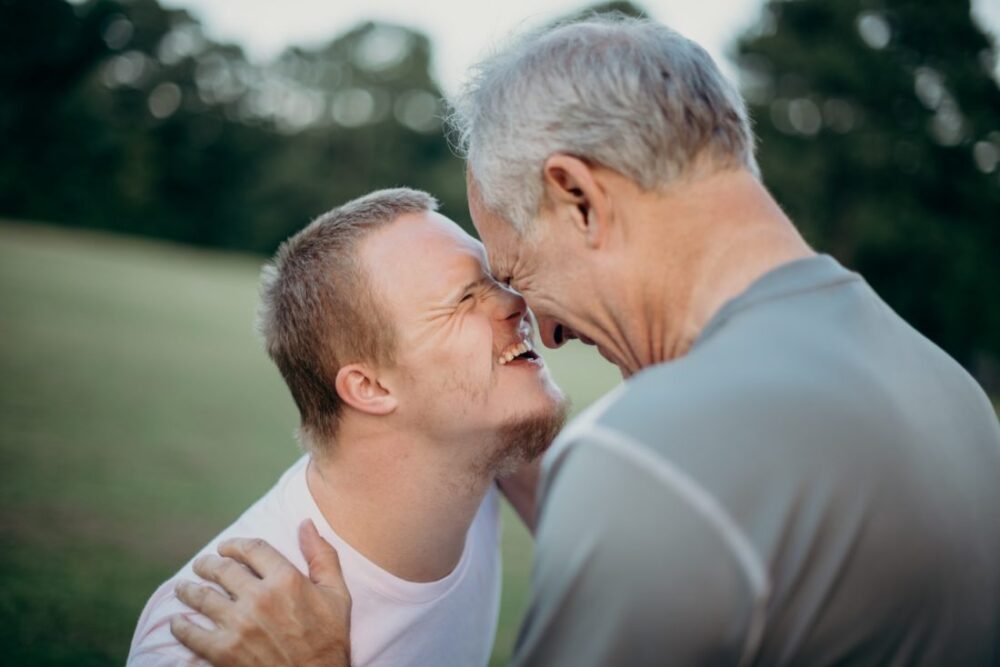Disabled People & Domestic Abuse
Domestic abuse can affect anyone. People with disabilities are actually more likely to experience abuse than people without disabilities. SafeLives statistics suggest that some disabled people are almost twice as likely to experience abuse.
How are disability and domestic abuse linked?
There are four common ways that domestic abuse and disability interlinked. These are:
- Domestic abuse that causes a disability
- Disabled people experience higher rates of domestic abuse
- Disabled people can face unique forms of abuse
- There are additional barriers to support for disabled people
Signs of Domestic Abuse
Disabled people can experience the same forms of domestic abuse as anyone else. There are some signs that disabled people are more likely to experience in an abusive relationship:
- Having their benefits stolen or misused
- Telling them they are a bad parent because of a disability
- Invalidating their disability and experiences
- Attempting to shame or humiliate them
- Unreasonably refusing to support them when they usually would
- Withholding medication
- Instigating sexual activity when they may not be capable of consent
- Withholding or damaging assistive tools
- Stopping them from seeing a mental professional
- Threatens to “out” their disability to others
- Threatens to harm or harms their service animal
Barriers to Support
Incorrect Language
Some services may not be approachable or accessible to disabled people because of the use of offensive or complex language. Examples include saying ‘able-bodied’ instead of ‘non-disabled’ and only using negative language to describe a disabled person. This can lead to a disconnect between the service and the individual.
Limited Communication Knowledge
Some people may not know how to communicate with a disabled person for a variety of reasons. This can create a disconnect between the individual and the support service. Some examples of services not knowing how to communicate include:
- Not using a normal tone of voice, or being patronising
- Being over-sensitive and avoiding deep conversation
- Attempting to finish the sentence or speak for a disabled person
- Treating disabled people differently for no reason
- Speaking to an interpreter or companion instead of the individual
Further Information



